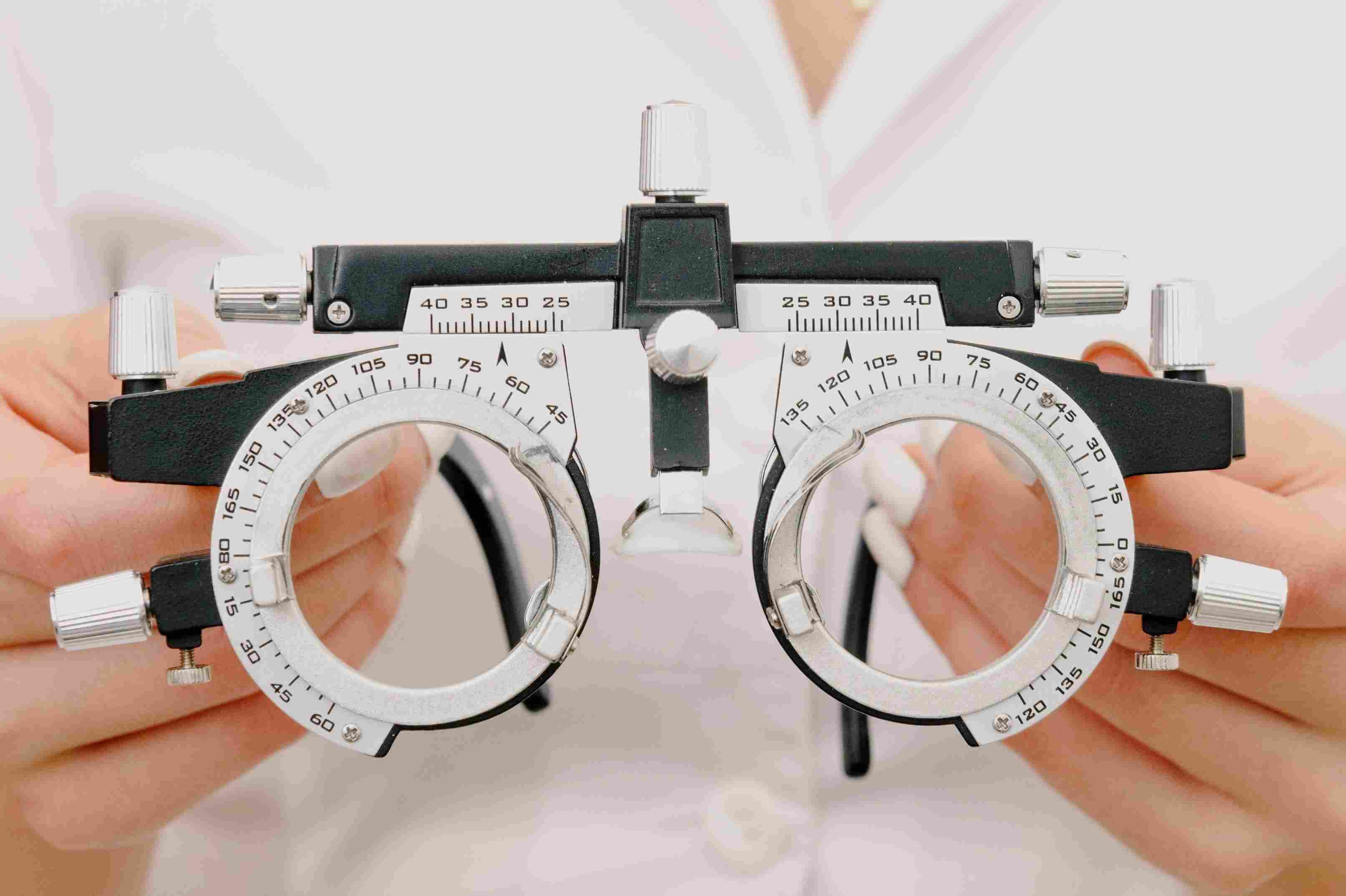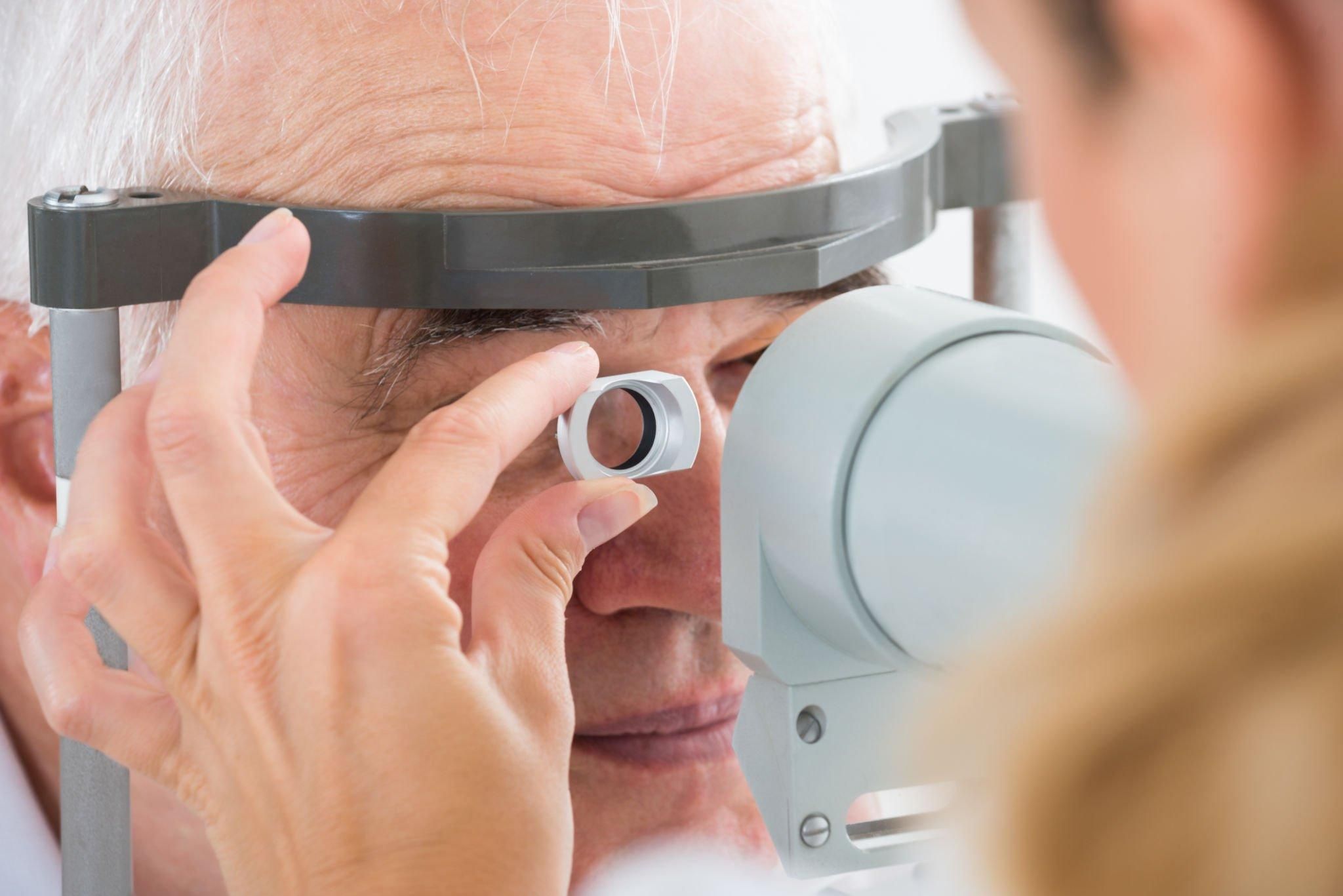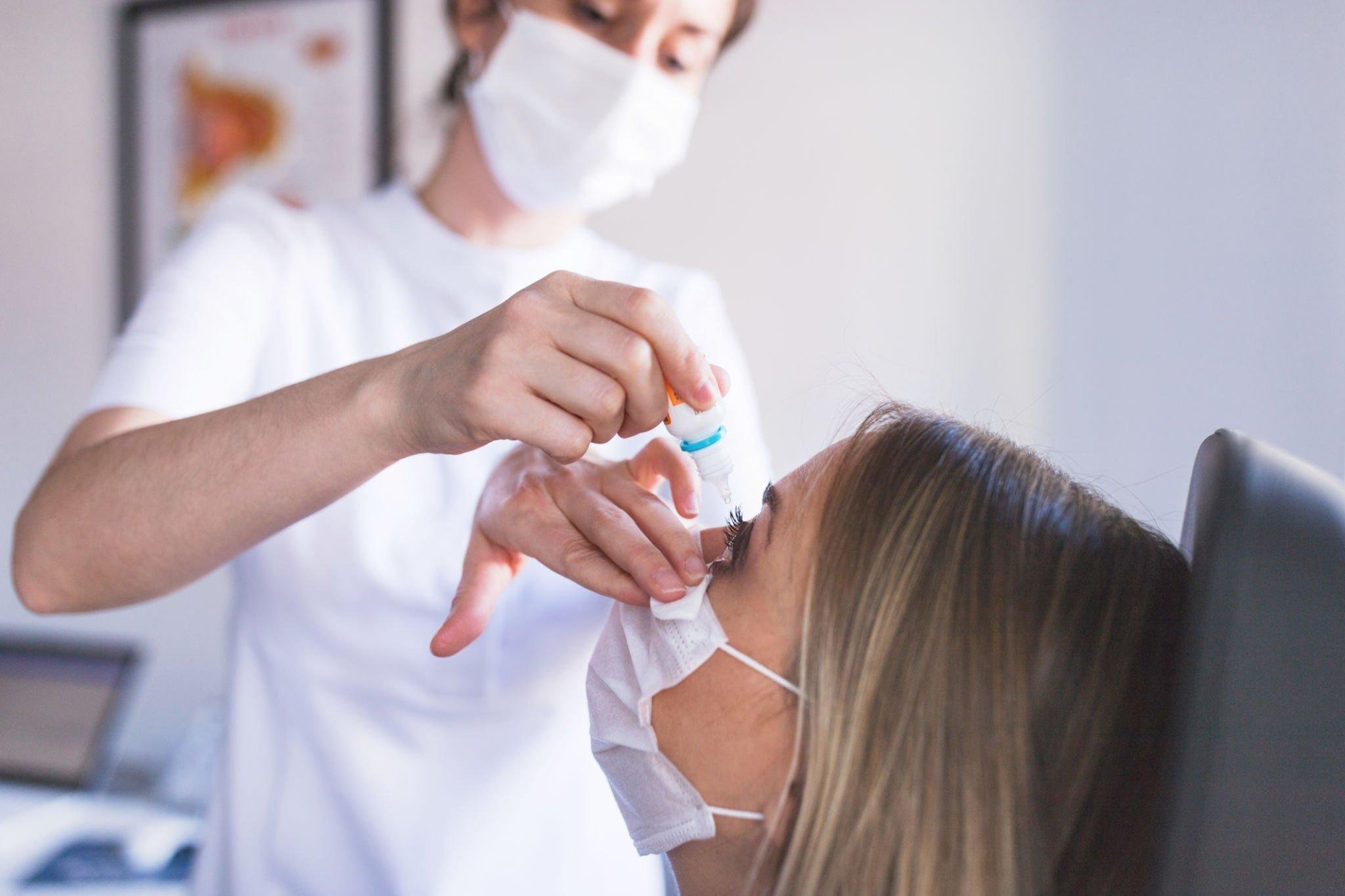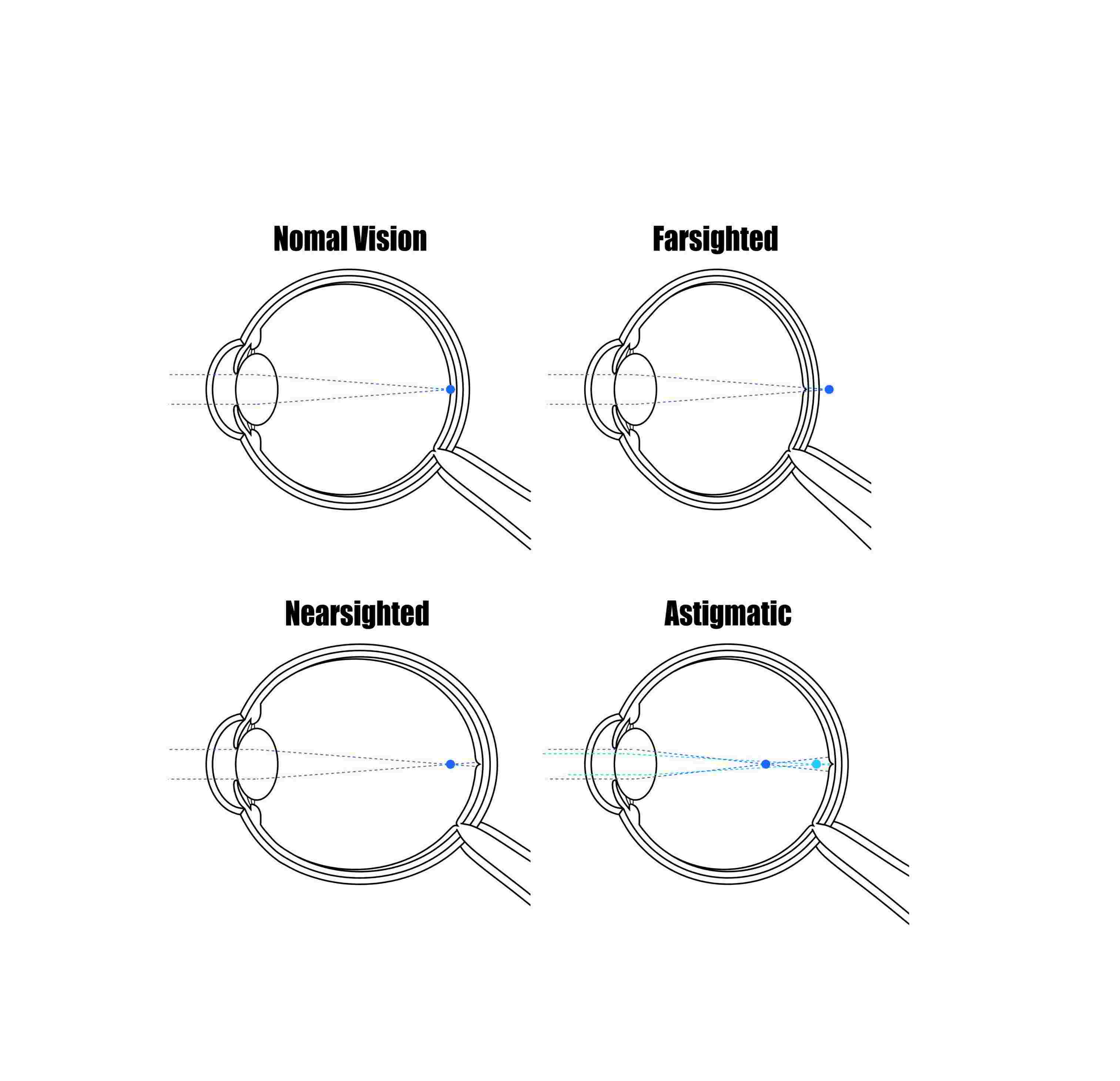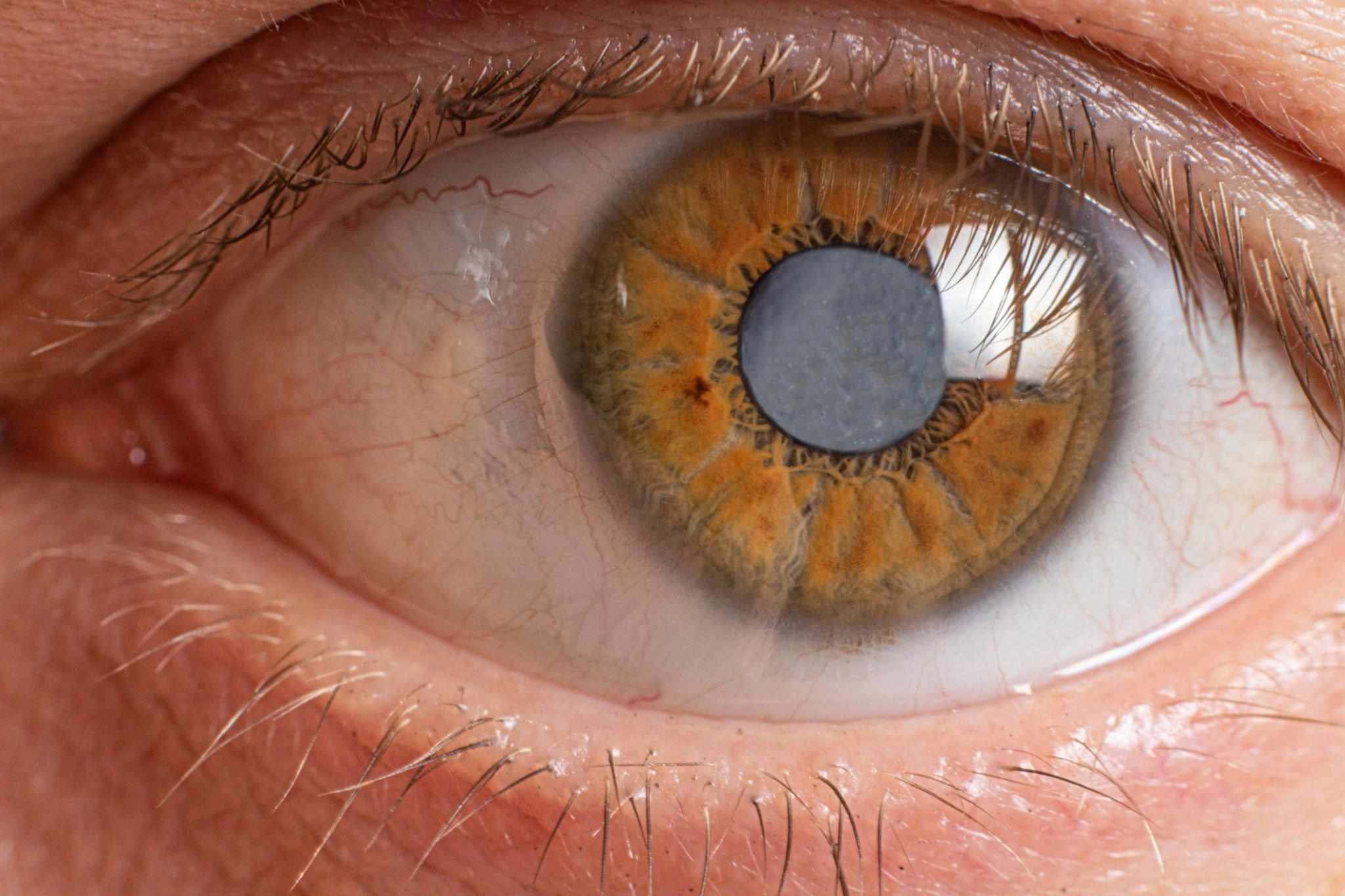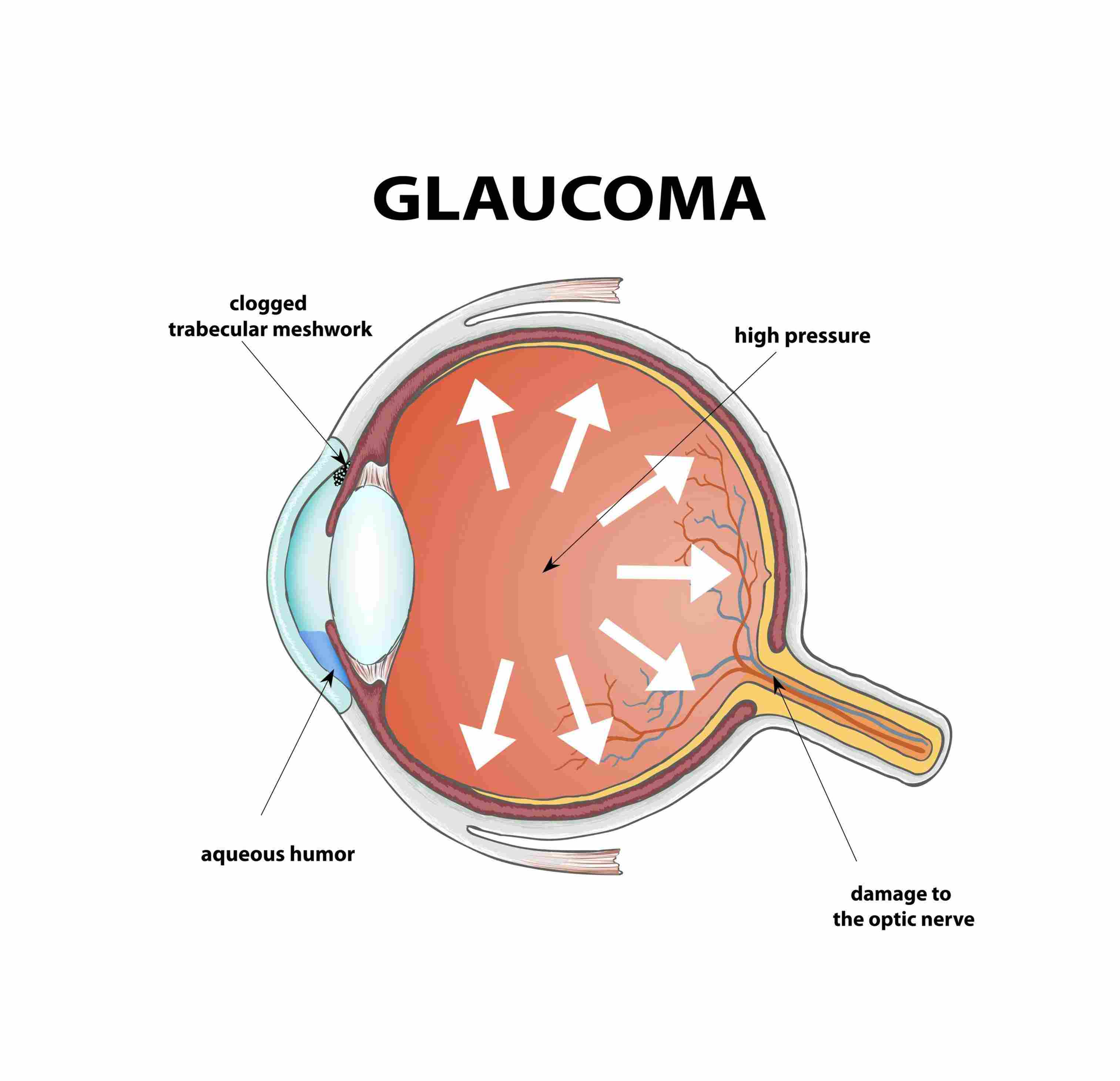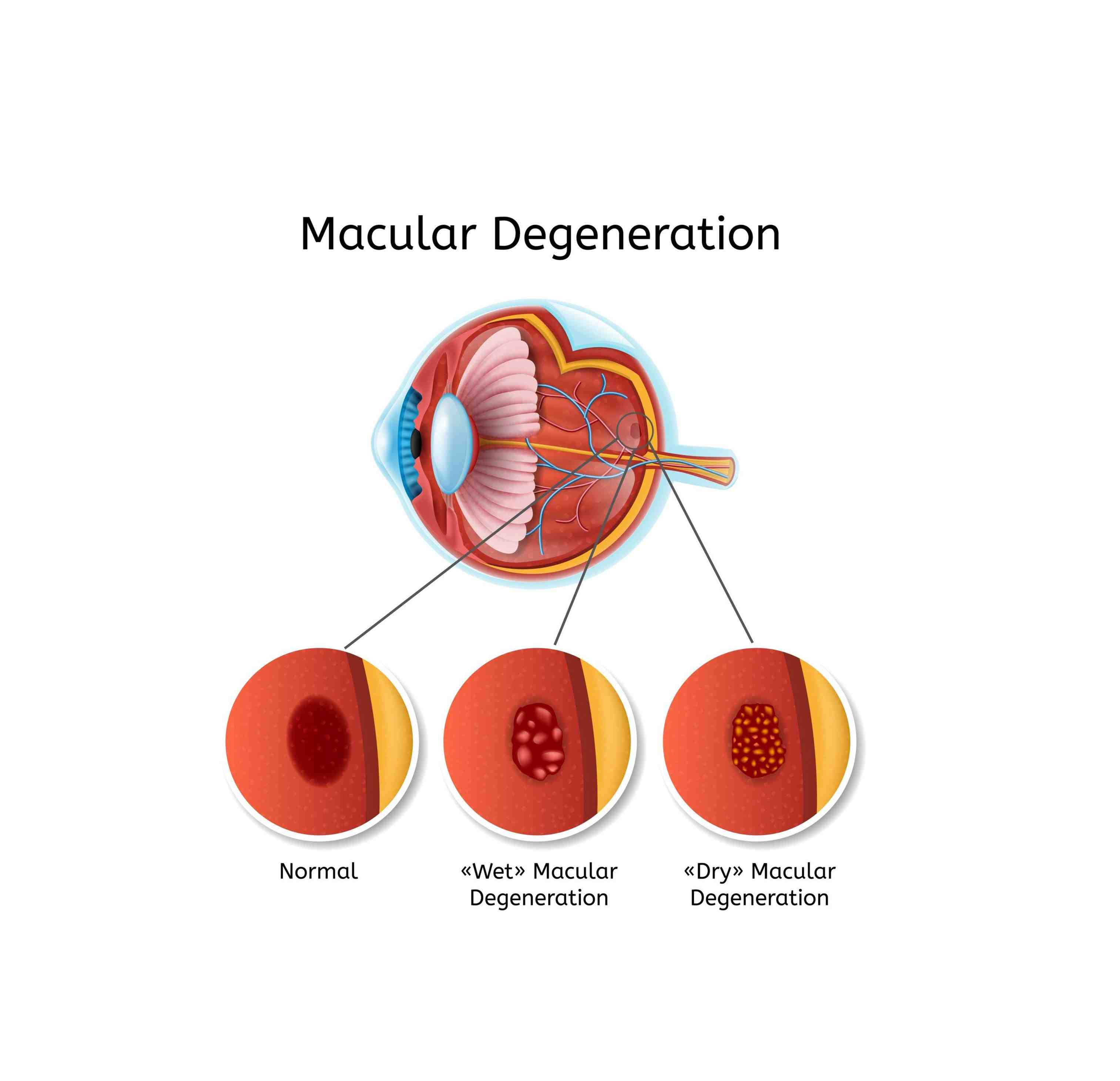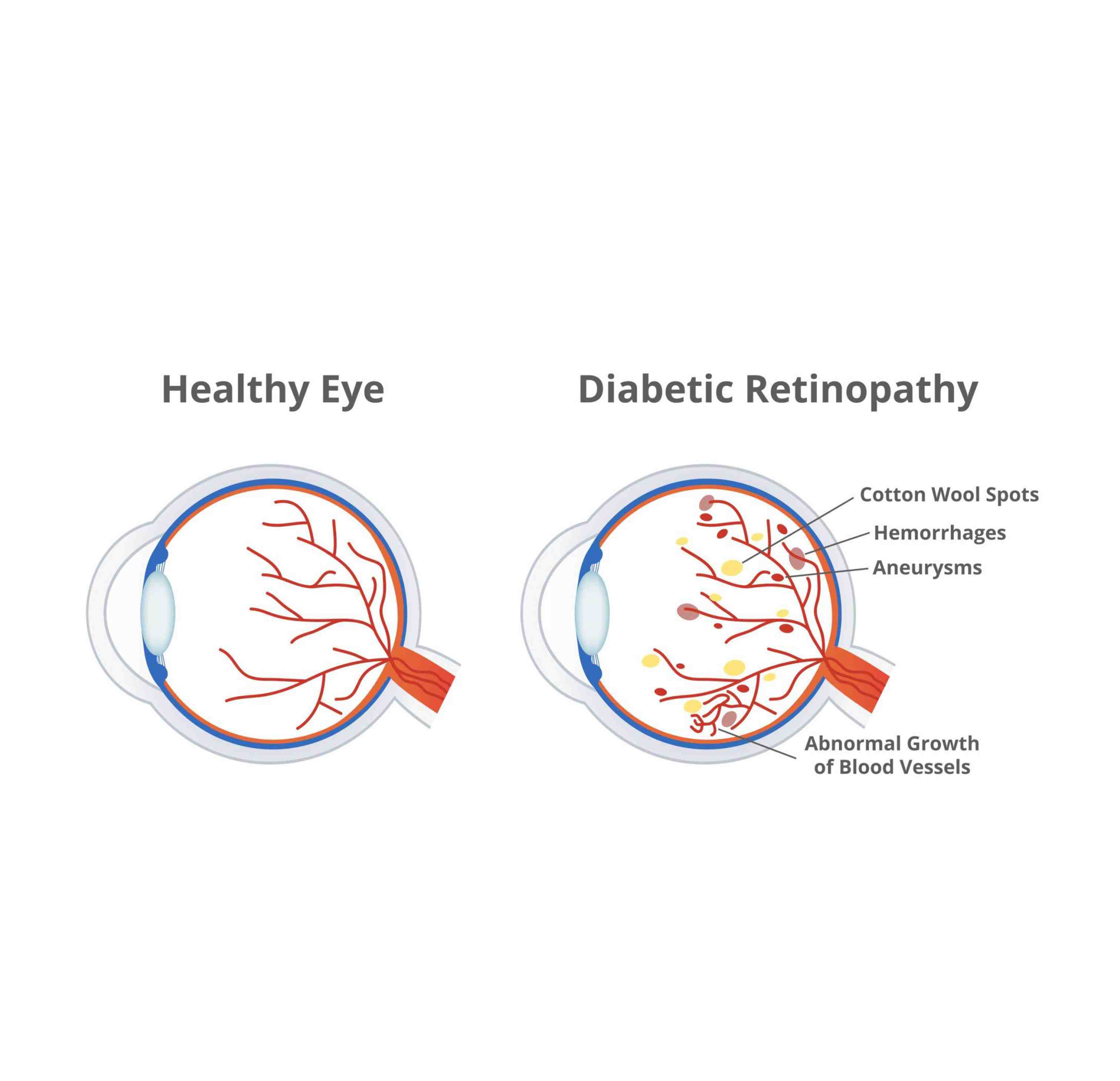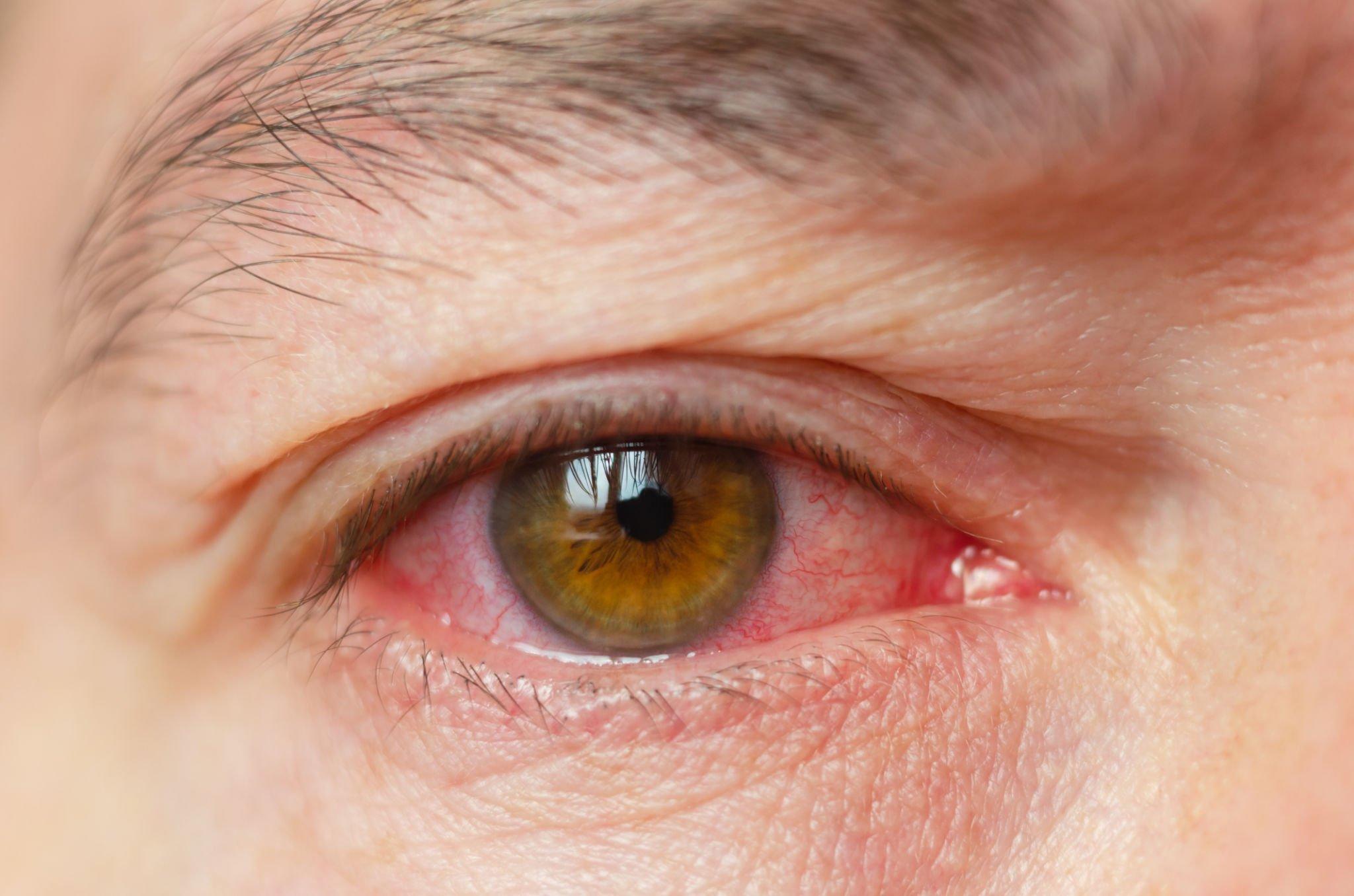Emergency Eye Care
Emergency Eye Care
Emergency eye care provides immediate attention for injuries, infections, or sudden vision changes, ensuring prompt and appropriate treatment.
Explore

About Emergency Eye Care
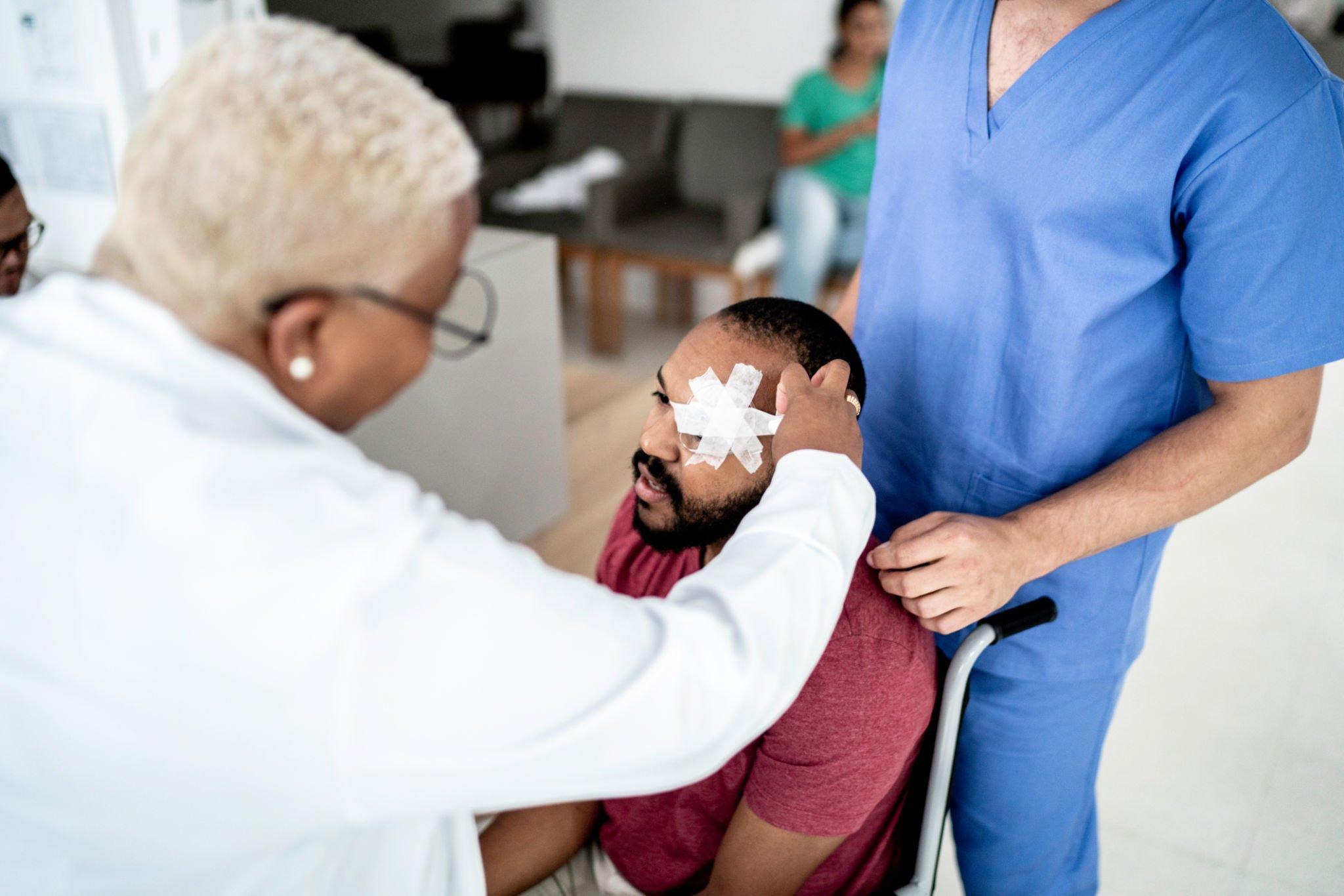
Rapid Response for Vision: Emergency Eye Care in Comprehensive Eye Services
Emergency eye care is a critical component of comprehensive eye services, addressing urgent situations that require prompt attention to protect eye health and preserve vision. Whether due to injury, sudden onset of symptoms, or other eye-related emergencies, timely and specialized care is essential to minimize the risk of complications and ensure the best possible outcomes.
Common Eye Emergencies:
Emergency eye care addresses a range of urgent situations, including:
- Eye Trauma: Injuries to the eye caused by accidents, foreign objects, or blunt force trauma.
- Chemical Burns: Exposure to hazardous substances that can cause irritation, burns, or damage to the eyes.
- Sudden Vision Changes: Abrupt changes in vision, such as sudden blurriness, flashes of light, or the appearance of floaters.
- Eye Infections: Severe infections or inflammations that require immediate attention to prevent complications.
- Detached Retina: A medical emergency where the retina pulls away from its normal position, requiring urgent intervention to prevent vision loss.
- Acute Angle-Closure Glaucoma: Sudden increase in eye pressure leading to severe pain, blurred vision, and nausea, requiring immediate medical attention.
- Corneal Abrasions or Ulcers: Scratches or injuries to the cornea that can lead to infection if not treated promptly.
- Foreign Object Removal: Swift and precise removal of foreign objects embedded in the eye to prevent further damage.
Emergency Eye Care Protocols:
When faced with an eye emergency, it's essential to follow certain protocols:
- Seek Immediate Medical Attention: Contact an eye care professional or visit the nearest emergency room for prompt evaluation and treatment.
- Do Not Rub the Eye: Rubbing the eye can exacerbate injuries or introduce additional contaminants.
- Do Not Attempt Self-Removal of Foreign Objects: Leave the removal of foreign objects to trained professionals to avoid further injury.
- Rinse Chemical Burns: If chemicals come into contact with the eyes, rinse them with lukewarm water for at least 15 minutes and seek immediate medical attention.
- Protect the Eye: Place a protective shield or covering over the injured eye to prevent further harm.
- Do Not Apply Pressure: Avoid applying pressure to the eye, as this can worsen certain conditions.
Advanced Diagnostic and Treatment Options:
Emergency eye care involves the use of advanced diagnostic tools and treatment options, such as:
- Imaging: Utilizing imaging technologies like optical coherence tomography (OCT) or ultrasound for detailed assessments.
- Microsurgery: Performing delicate surgical procedures to address injuries or conditions affecting the eye's internal structures.
- Topical Medications: Administering specialized eye drops or ointments to manage infections, inflammation, or other acute issues.
- Foreign Object Removal: Employing precise techniques and tools to safely remove foreign objects embedded in the eye.
- Laser Procedures: Using laser technology for specific treatments, such as in cases of retinal tears or acute glaucoma.
Post-Emergency Follow-up:
After receiving emergency eye care, individuals may need follow-up appointments to monitor healing, assess vision, and address any lingering concerns. Post-emergency care is crucial for ensuring a smooth recovery and preventing potential complications.
Our commitment to emergency eye care within comprehensive eye services revolves around rapid and specialized responses, leveraging advanced technologies and treatments to safeguard eye health and preserve vision in urgent situations.

Other Services
Patient succes stories
Emma Davis
I recently underwent cataract surgery performed by Dr. Arup Chakrabarti, the Cataract surgeon at Dr. Ramesh Kumar Kurup & Sarada Memorial Hospital. Dr. Arup Chakrabarti's expertise and skill were evident throughout the entire process. The hospital's facilities were modern and well-maintained, creating a comfortable environment. Dr. Arup Chakrabarti's clear communication and personalized care made the entire experience smooth and reassuring. I am grateful for the excellent service provided by Dr. Chakrabarti and the dedicated staff at Sarada Memorial Hospital. I highly recommend their services for anyone considering cataract surgery.
Cataract surgeon
Dr. Arup Chakrabarti

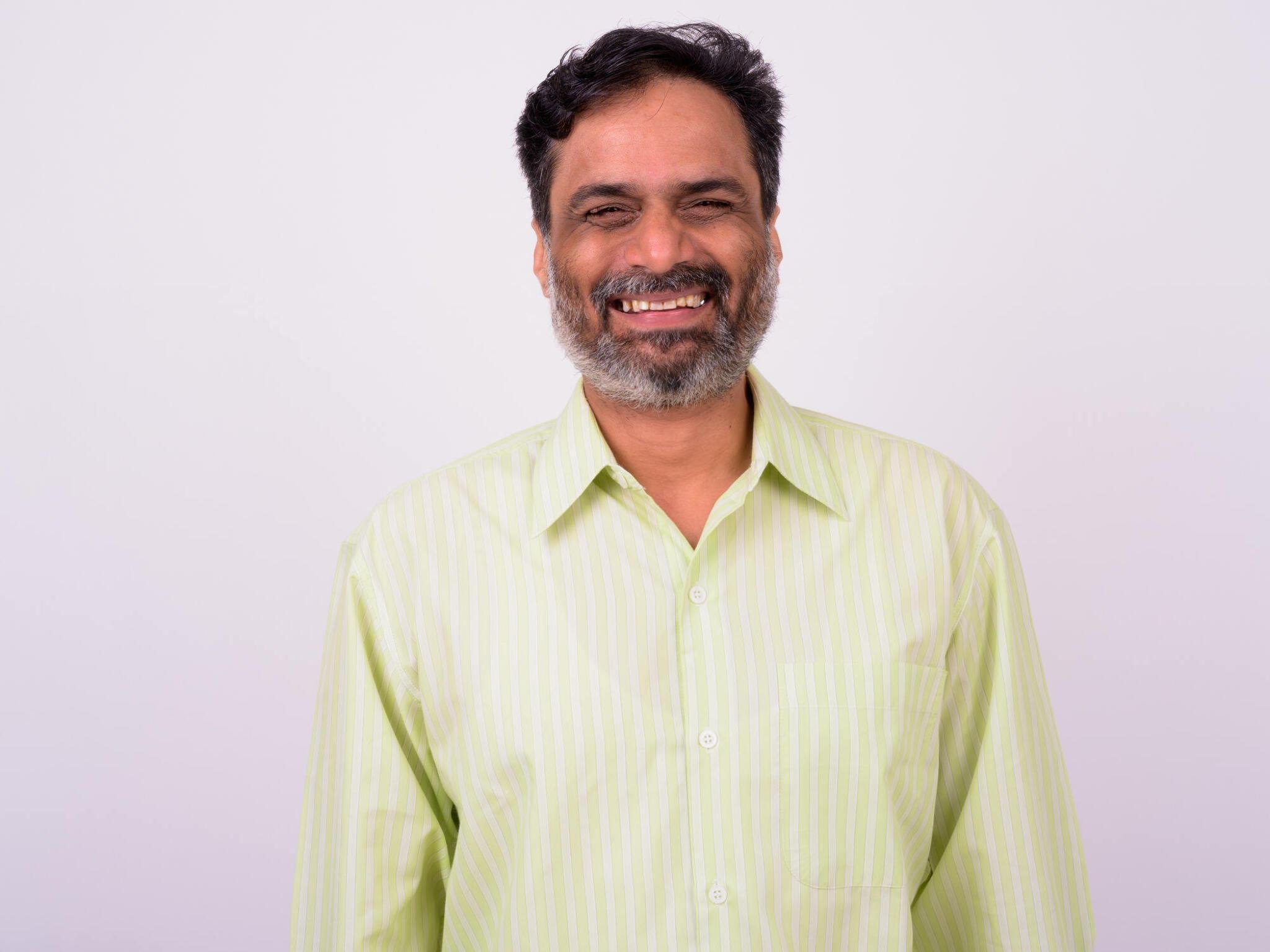
Mohan Pillai
I recently had the pleasure of being under the care of Dr. Meena Chakrabarti, a senior consultant at dr. Ramesh Kumar Kurup and Sarada Memorial Hospital. Dr. Meena Chakrabarti's professionalism and extensive knowledge in eye care were truly commendable. From the initial consultation to the follow-up appointments, her dedication to patient well-being was evident. The hospital's facilities were modern, and the support staff was efficient and courteous. Dr. Meena Chakrabarti's personalized approach and thorough explanations instilled confidence in the treatment process. I highly recommend Dr. Chakrabarti and Dr.Ramesh Kumar Kurup Sarada Memorial Hospital for their exceptional eye care services.
Senior Consultant
Dr. Meena Chakrabarti
